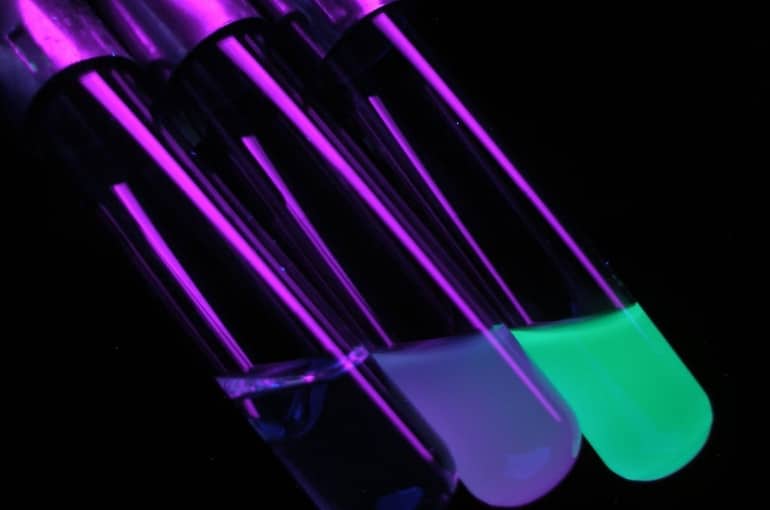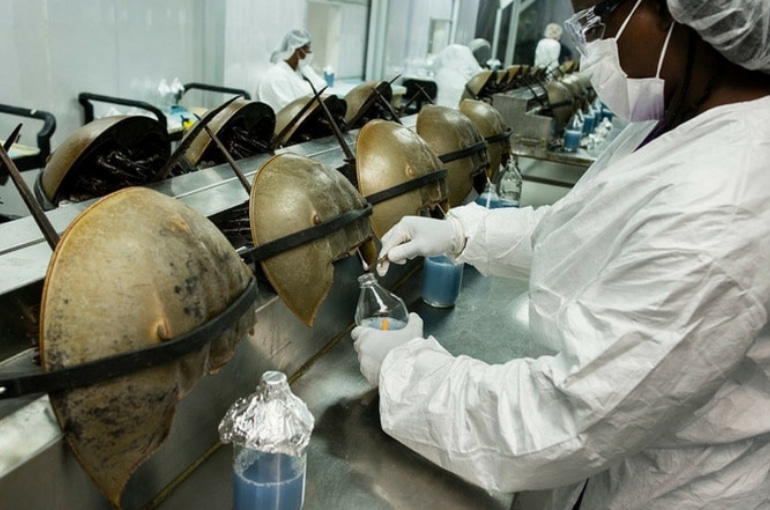Environment & Energy
Maximizing the bioeconomy will help minimize the use of non-renewable resources by producing sustainable bioproducts, renewable fuels, and more — after all, nothing is greener than biology. Synthetic biology is an environmental boon. Compared to conventional manufacturing, biofabrication requires fewer harsh chemicals, less energy input and can even yield carbon-neutral liquid fuels. By synthesizing complex bioproducts in factories, we eliminate the need to extract them from the wild, leaving fragile ecosystems intact. From converting methane to edible protein to identifying novel approaches to carbon recycling, synthetic biologists are leading the way toward greener, more sustainable energy. Learn how these approaches can curb further damage to — and perhaps even begin to heal — our wounded environment.
Featured Stories
Can we go carbon negative?
“Biology is unique. It is self-healing and self-replicating. It follows the circularity we find in nature — replenishing itself, renewing itself.” Dugar founded Visolis, a Berkeley-based company, to help bring the “circularity of biology” to industrial manufacturing. READ MORE
How one company is using greenhouse gas to mitigate world hunger
A vision of a world in which methane is turned into food for human consumption would be reminiscent of the alchemist’s unsuccessful quest to turn lesser elements into gold but for one essential difference: one company is actually succeeding. String Bio — based out of Bengaluru, India — is making protein from methane. READ MORE
Powering a clean planet with synthetic biology
Synthetic biology is a powerful tool that can open doors to revenue generation, environmental remediation, and social development concurrently – critical for countries like India where the majority of the population stands to benefit directly and immediately from synthetic biology technologies. READ MORE
Turning the Tide for Horseshoe Crabs: New Hope for an Ancient Species
Revive & Restore, a California-based nonprofit bringing new biotech tools to conservation, announced new research that dispels many perceived barriers to the adoption of a safe synthetic alternative to horseshoe crab blood for biomedical testing. READ MORE















